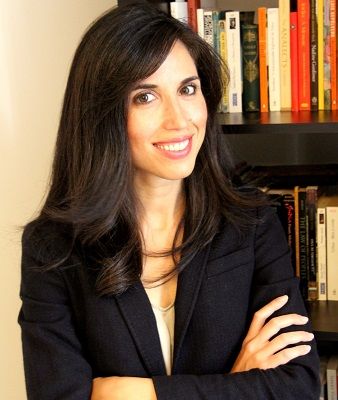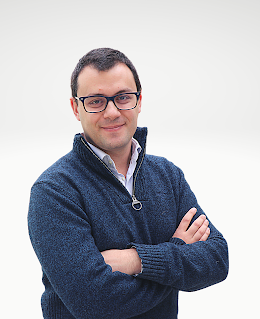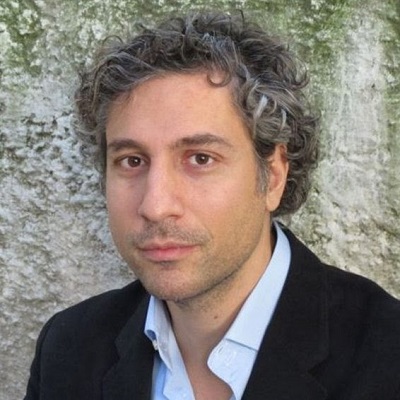Vous êtes ici : AccueilActualités
- Séminaire,
Sandra Sequeira, Giorgio Chiovelli et Elias Papaioannou
Webinaire : Économie des migrations
Forced Displacement, Human Capital and Occupational Choice
Co-auteur : Stelios Michalopolous
Résumé
This paper examines the impact of conflict-driven displacement on investments in human capital and occupational choice, looking at the Mozambican civil war (1977-1992). We analyse all the different displacement trajectories that occurred between cities, rural areas and refugee camps in neighboring countries. Exploiting the universe of the first post-war census in 1997, we overcome selection concerns by comparing the displacement experience of siblings and twins separated during the war. Children displaced into urban areas were more likely to invest in education and later experience a shift towards occupations outside of agriculture, even when they returned to the countryside once the war was over. Displacement to neighboring countries, mostly to refugee camps or informal settlements, yields no discernible differences in education and occupational specialization. We then explore heterogeneity to shed light on the channels. Children whose parents and grandparents are literate invest more in education when moving to a new environment. Educational investments and occupational shifts are also more substantial for those internally displaced to areas with higher levels of human capital and population density. Finally, we implement a survey in Mozambique's largest Northern city that aims to uncover the long-run impact of forced displacement and explore aspects not covered in the census. 28 years after the end of the civil war, individuals displaced into the city have significantly higher education than their siblings who remained elsewhere. Moreover, they seem to have integrated socially into urban areas, having comparable views and attitudes to non-mover city-dwellers. However, those who were internally displaced have lower mental health levels, inter-community trust, and are less optimistic than their cohort of urban dwellers. These findings underscore how forced displacement can act as a mobility shock that breaks links with subsistence agriculture, increasing human capital accumulation and encouraging occupational shifts. However, it may come at the cost of decreased mental health and trust.
S'inscrire





 ENT
ENT Annuaire
Annuaire Connexion
Connexion




